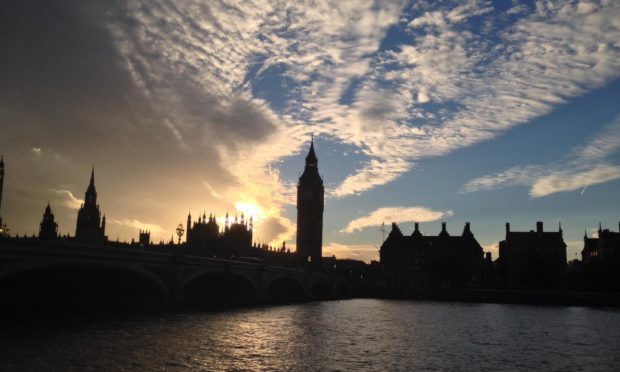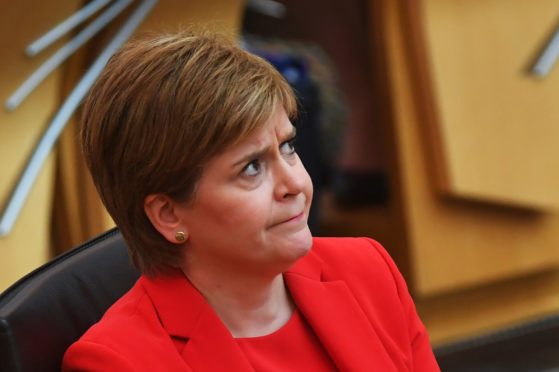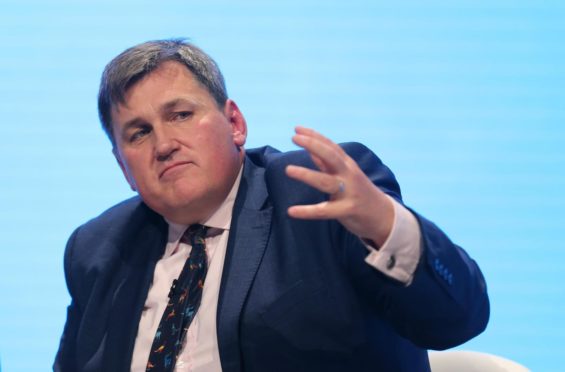Scotland is in the midst of a drugs crisis, with the number of deaths having increased almost every year since the 1990s.
The relentless rise in deaths has earnt Scotland the title of “drug death capital of the world”.
Despite surging numbers, our politicians in Holyrood and Westminster remain at loggerheads over the right course of action to take.
The UK Government treats problem drug use primarily as a criminal justice matter, whereas the Scottish Government believes it should be addressed as a health issue.
This difference in approach has caused disagreements between the two governments, most notably with the Home Office blocking an application for a safe consumption facility in Glasgow, as criminal justice sanctions for drugs is a policy area currently reserved to Westminster.
This has led to calls for drugs laws to be devolved to Holyrood, to enable the Scottish Government to take all measures it deems necessary to address Scotland’s drug crisis.
Some have argued that, as health and justice are devolved matters, the Scottish Government already has the main powers necessary to address problem drug use.
But as of yet, no solution has been found.
Drug policy recommendations
In 2019 the Commons Scottish Affairs Committee recommended that the UK Government should adopt a public health approach to drugs and transfer lead responsibility for drugs policy from the Home Office to the Department for Health and Social Care.
The committee also recommended, in line with this approach, that there should be full protection for people with problem drug use in key equality legislation.
MPs further called on the UK Government to bring forward the legislation necessary to allow for the lawful establishment of a pilot safe drug consumption facility in Scotland.
They argued that if the UK Government was unwilling to do this, ministers should devolve the necessary powers to allow the Scottish Parliament to do so.
Westminster response
UK ministers took nine months to respond to the committee’s report and when they eventually did, the majority of recommendations were rejected.
Crime minister Kit Malthouse refuted the claim that the number of drug deaths in Scotland represented a “public health emergency”.
Mr Malthouse also rejected proposals to move drugs policy to the Department for Health, saying: “There is a strong link between drugs and crime, which is why we reject the assertion that the Department for Health and Social Care should lead on drug misuse.
“We know that people who regularly use heroin, cocaine or crack cocaine are estimated to commit around 45% of all acquisitive crime.”
The minister also rejected proposals to devolve more more powers to Holyrood, telling MPs: “On issues relating to drugs that are UK wide, particularly around enforcement, we work closely with the National Crime Agency, Police Scotland, and other operational partners to assist the Scottish Government wherever we can.”
Mr Malthouse said the UK Government’s policy “remains clear”, adding: “We must prevent drug use in our communities, support people through treatment and recovery, and tackle the supply of illegal drugs.”
Where next for drug policy in Scotland?
Today’s figures will no doubt again lead to a debate on devolution and whether more powers should be handed to Holyrood.
But with Mr Malthouse still in post and Boris Johnson leading the charge on a new crime crackdown, there is no sign of a compromise.


